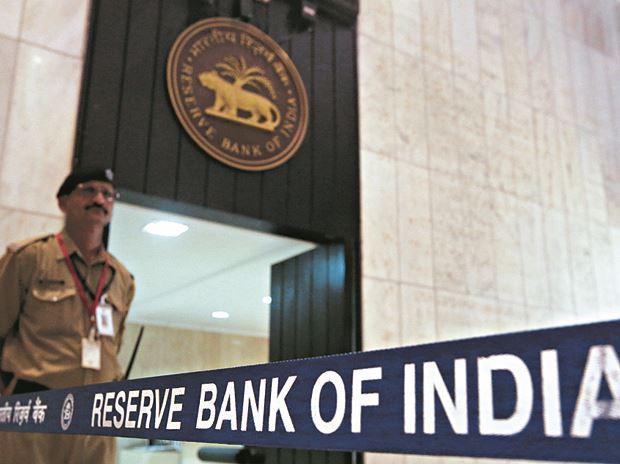While speaking on the monetary policy-related aspects, Roubini also flagged up the issue of RBI autonomy.
Indian
policymakers have been “distracted” by ideological
considerations, when the economic
slowdown deserves the most attention, American economist Nouriel
Roubini said on Thursday.
Foreign
investors get “worried” by scenes of protests on the streets, the
professor at New York University’s Stern School of Business said,
warning that economic slump can make a regime unpopular.
The
comments from Roubini come at a time when official data showed that
GDP growth may to slip to 11-year-low of 5 per cent this fiscal, and
amid growing protests across the country against the Citizenship
Amendment Act, which critics allege as being discriminatory against
the Muslims. “The macroeconomic policies are not where they should
be, structural policies are not where they should be,” Roubini
said, while speaking at an event organised by CFA Society India.
In
a conversation with global brokerage firm Morgan Stanley’s Riddham
Desai, Roubini rued that Indian policymakers are focusing on other
aspects despite global headwinds like the impacts that can be caused
due to a rise in oil prices amidst the US-Iran conflict. x“The
attention of the policymakers should have been concentrated on the
economy and is instead distracted by political things, ethnic things
and other things to do with ideology,” Roubini said.
Uncertainties
are not good for the economy, he said and referred to President Bill
Clinton’s famous phrase ‘It is the economy, stupid!’ to warn
that the policies adopted may not pay political dividends as well.
“You may be popular initially because of politics and ideology but
if the economy slows down, you will be losing your popularity,”
Roubini said.
He
said the Indian economy was in a “slowdown” and the declining
growth will “probably stabilise” in 2020.He bracketed India among
the emerging markets where a growth pick-up is up to two quarters
away.
While
speaking on the monetary policy-related aspects, Roubini also flagged
up the issue of RBI autonomy. "There has been some concern on
how much the RBI is independent, than what it used to be," he
said... Read
More


